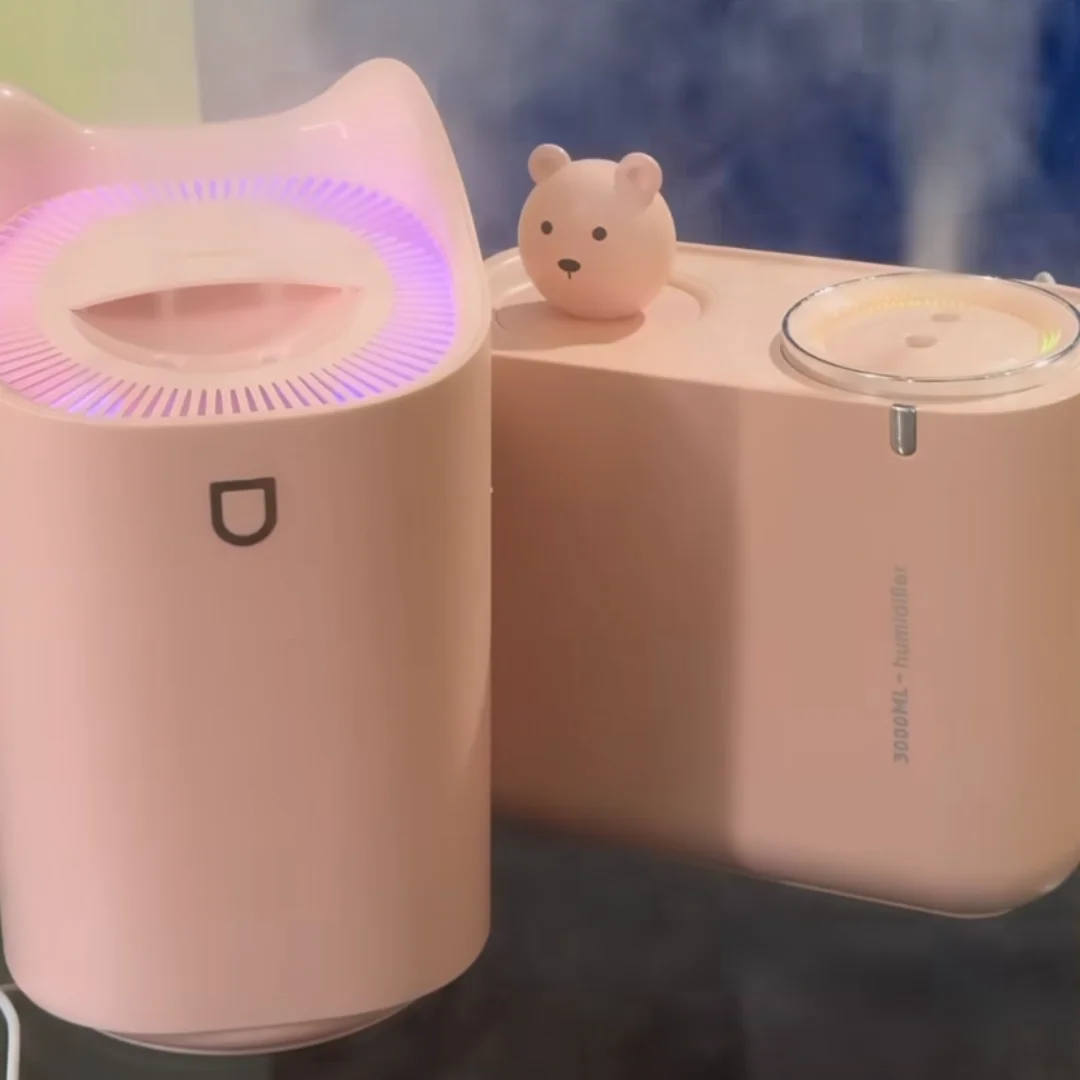

cat humidifier by mimisara nepal
0
Shipping is calculated at checkout
Description
A humidifier is a device designed to add moisture to the air, increasing humidity levels in an indoor space. Humidifiers are particularly useful in dry environments or during the winter months when indoor air can become very dry due to heating systems. They can help prevent dryness in the skin, nose, throat, and lips, as well as alleviate symptoms of colds, allergies, and respiratory issues.
Types of Humidifiers:
Evaporative Humidifiers: These use a fan to blow air through a wet wick filter, which evaporates the water into the air. The humidity level is regulated naturally because the evaporation rate slows down as the air becomes more saturated with moisture.
Ultrasonic Humidifiers: These use ultrasonic vibrations to produce a fine mist of water that is released into the air. They are often quieter than other types and can be found in both warm and cool mist versions.
Steam Vaporizers: These heat water to produce steam, which is then cooled slightly before being released as warm mist into the air. They may be better for smaller spaces and are often used for therapeutic purposes like relieving congestion.
Central Humidifiers: These are built into a home's heating and air conditioning system and provide humidity throughout the entire house. They are more expensive but can be a good option for larger spaces.
Impeller Humidifiers: These use a rotating disk to fling water into the air, creating a cool mist. They are also quieter and can be a good choice for bedrooms or nurseries.
Benefits of a Humidifier:
Prevents Dry Skin: Moist air helps retain moisture in your skin, preventing dryness, cracking, and irritation.
Relieves Respiratory Symptoms: Humidifiers can soothe dry sinuses, scratchy throats, and irritated airways, especially during cold and flu season.
Helps with Allergies: Adding moisture to the air can help ease symptoms of allergies or asthma, like dry eyes, sneezing, and coughing.
Protects Wooden Furniture: Dry air can cause wood to crack and shrink. A humidifier helps maintain the integrity of wooden furniture, floors, and musical instruments.
Considerations:
Regular Cleaning: Humidifiers can develop mold or bacteria if not cleaned regularly. Always follow the manufacturer's instructions for maintenance.
Appropriate Humidity Levels: Too much humidity can lead to the growth of mold and dust mites. Ideal indoor humidity levels are typically between 30% and 50%.
Water Quality: Use distilled or demineralized water to avoid mineral buildup and the release of white dust, which can be harmful to both humans and pets.
SKU: N/A
0